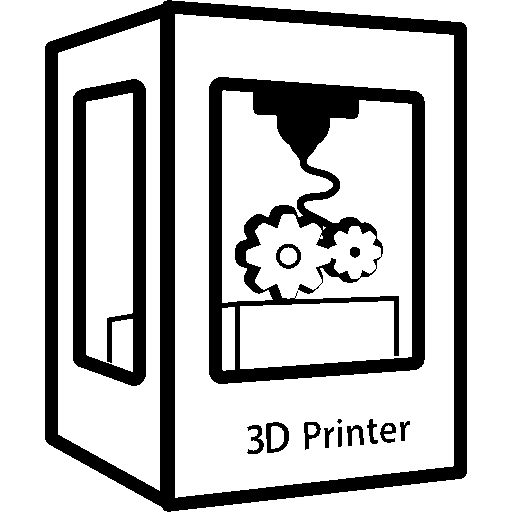So I run a repair shop in Altamonte Springs, FL - Got a weird one that searching the internet only turned up 1 other instance of it happening, so I wanted to post some details on the repair in case someone else runs into it or in case Creality doesn’t admit that it’s a thing.
Creality K1 Max - Symptoms: Unable to finish initial calibration. X and Y Axis moving twice as far as commanded, auto leveling absolutely destroying the build plate.
Initial steps in fixing this were to replace the main board. Creality shipped some of these printers with some interference around the main board which could have screwed up the drivers. Many references to this across the internet.
After replacing the main board, it still would not get past the input shaping setup, so the next thing to replace was the toolhead board on the K1. It seems the accelerometer on this one was either A: Damaged by the customer in their attempts to fix, or B: Faulty from the get-go.
After replacing the toolhead board, the machine would get past the initial input shaping, but it would do it in the back left corner of the machine (from experience, this should be done in the center of the plate). So upon homing, I also noticed that it wouldn’t regularly go all the way to the front right of the machine. When commanded to go X negative, 10mm, it would go like 24mm instead.
In the end, I needed to: Replace mainboard, Replace toolhead board, let the machine crash into it self for 20+ minutes while going through Auto-leveling on the initial power on stage, connect it to your network, upgrade the firmware, DO NOT HEED the warning that you need to auto-calibrate again.
Follow this guide to root it: https://guilouz.github.io/Creality-Helper-Script-Wiki/helper-script/helper-script-installation/
THEN, after it’s rooted, install Moonraker/Nginx, Moonraker or Fluidd, then connect to one of those interfaces, edit your printer.cfg and change rotation distance to 72 for this variation of machine.
If you notice that the sensorless homing is not acting perfectly due to the different step-size of this machine, driver_SGTHRS: 55 is the configuration option you’re looking for, and you need to set it on both X and Y. 55 worked for me, but the default is 75. 0 is least sensitive, 255 is most sensitive. I had to set mine to be less sensitive to finally work.
Once you’ve made these changes, you can save/reboot and test out homing/movement once again. If everything seems okay, go ahead and run the self-test to complete the repair.


Hell yeah, thanks. Sometimes I get where I can’t see things right in front of me, this was a huge help :)
Np. Happens to me all the time too;) This was important to me because I’m using a biqu probe instead of PRTouch so I needed to get root access so I could configure it BEFORE calibrating K1 :)
What in hell is a “PRTouch”?
I know of a BLTouch, the CR-Touch, 3DTouch (off brands and knock-offs) but first time I’ve ever seen any mention of “PRTouch”.
That’s the standard way of bed leveling in K1 series. The one that uses nozzle and sensors in the bed, which is slow, not too accurate, leaves imprints on build plates, and filament blobs of the nozzle is not wiped/cold.
Oh, the strain gauge sensor. Never heard anyone call it a PRTouch before. It should be plenty accurate, most high end CNC houses use similar tech in their probes.
It’s called that in the printer.cfg and the binary files that drive it are named so too. Sensors like CR-touch/BL-Touch/BIQU microprobes tend to be more accurate and much faster. And cartographer modules are even better, but the stock motherboard can barely handle them.